Combine Harvesters in Organic Farming: How We Harvest Efficiently at Scale
February 20, 2026A practical look at combine harvesters in organic farming—how we use Claas Lexion, John Deere, and Zürn machines across 3.250 hectares.
Read article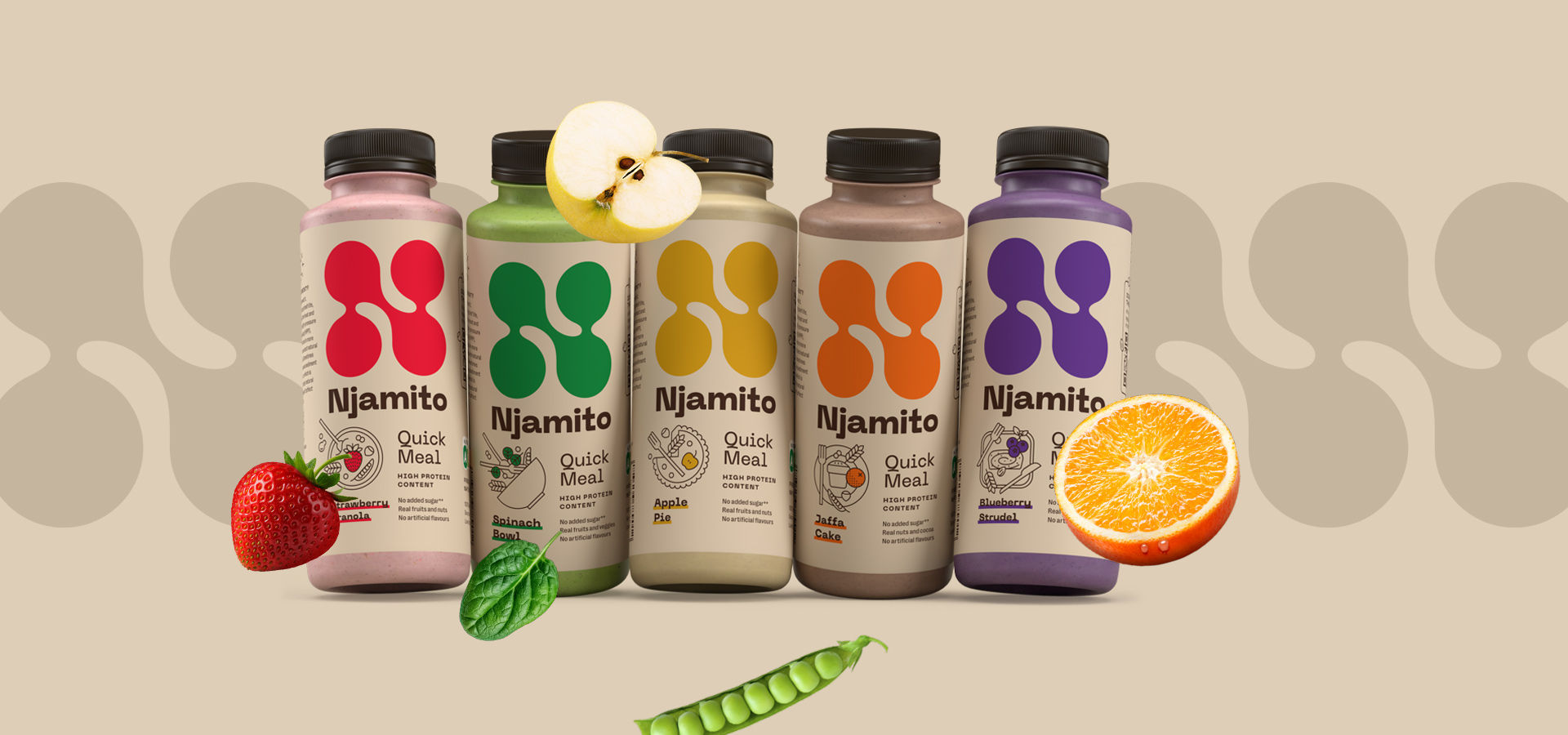
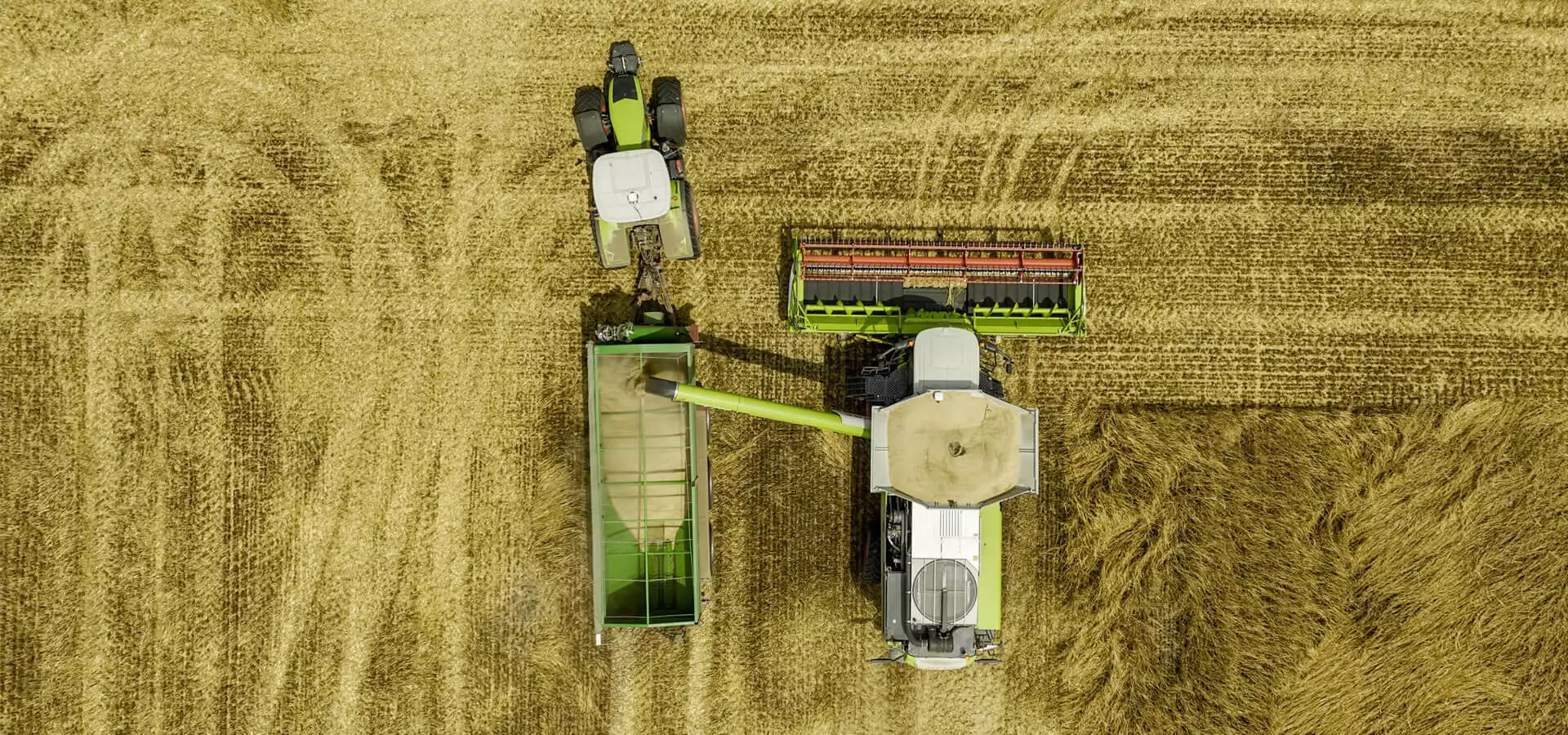
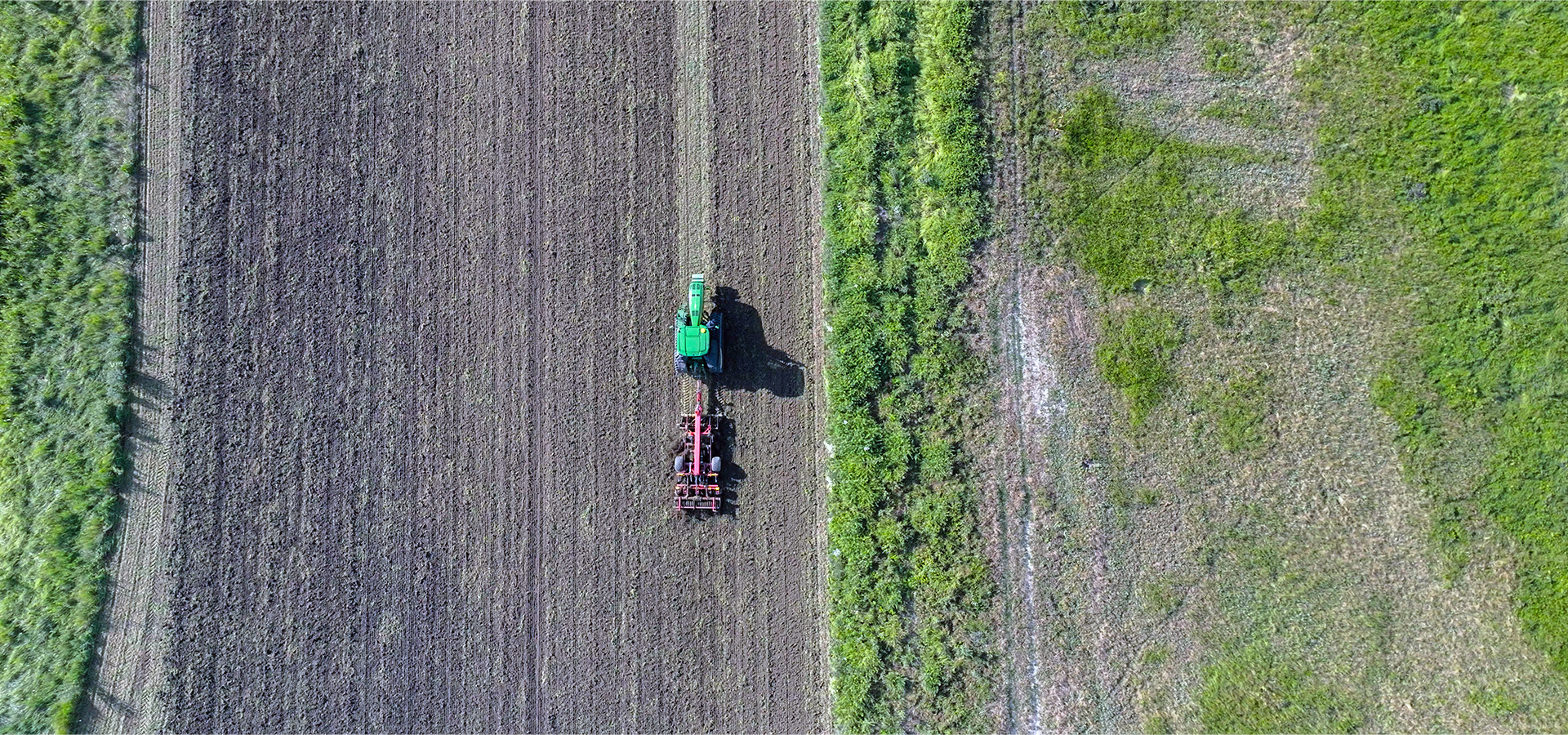
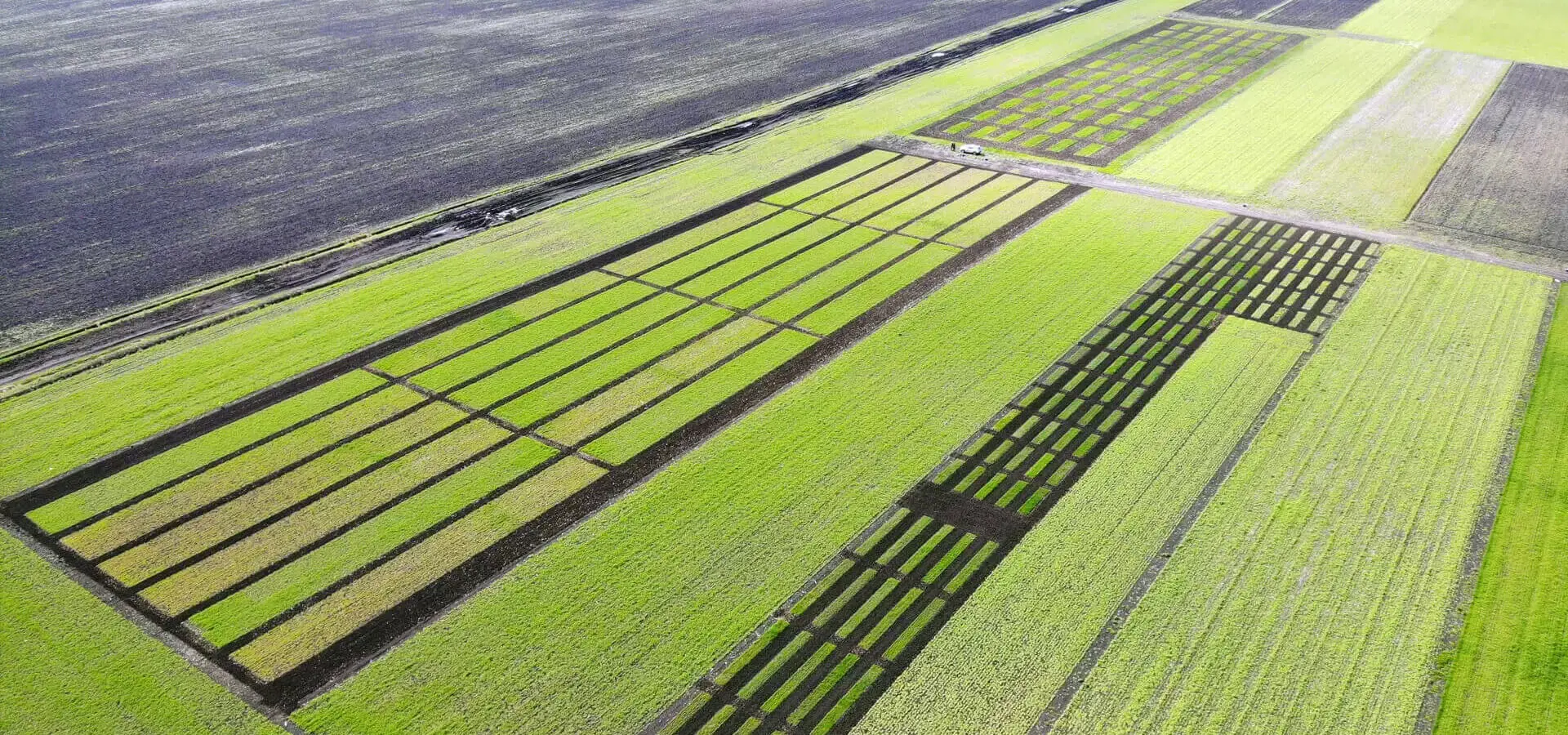
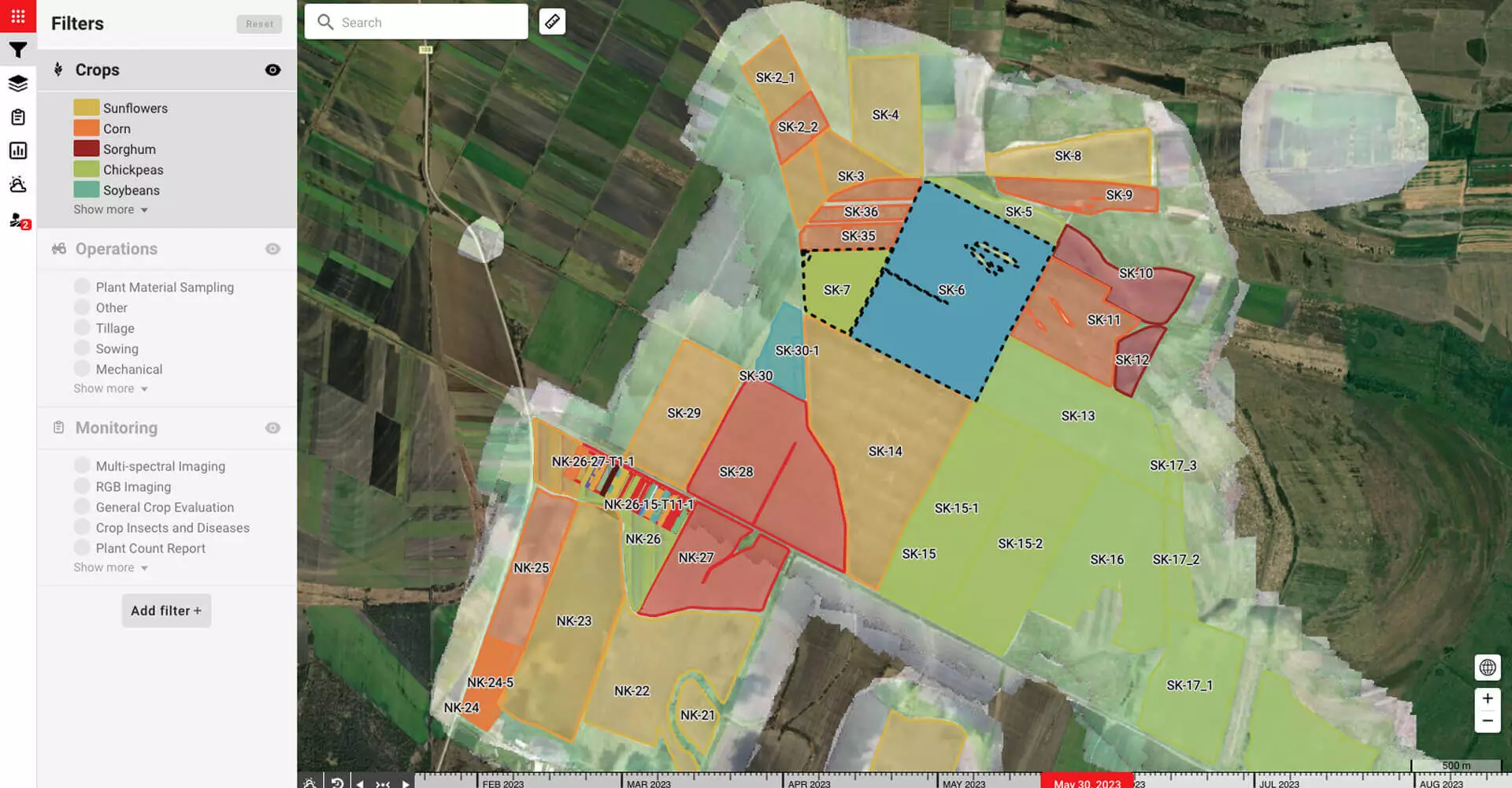
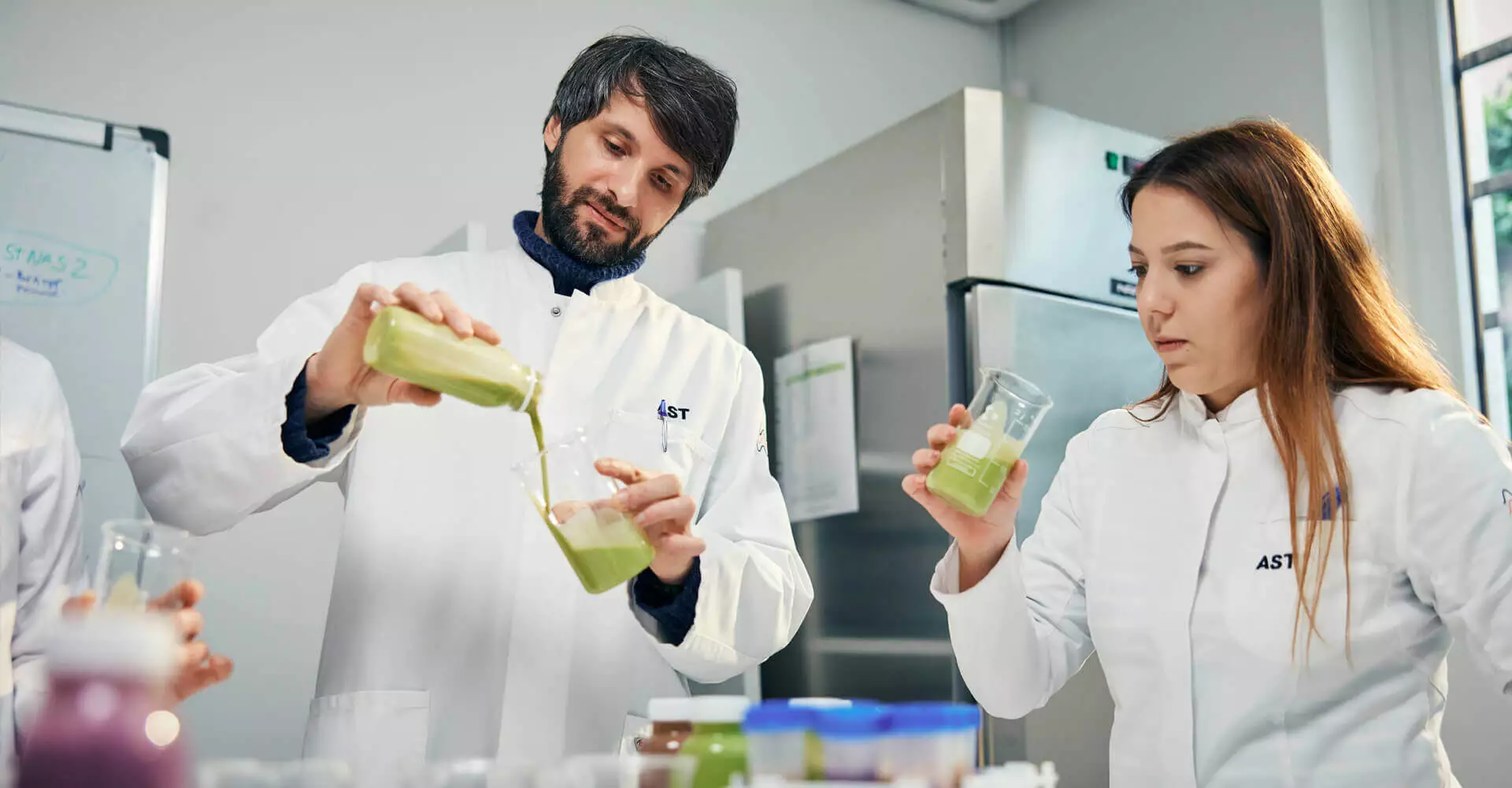
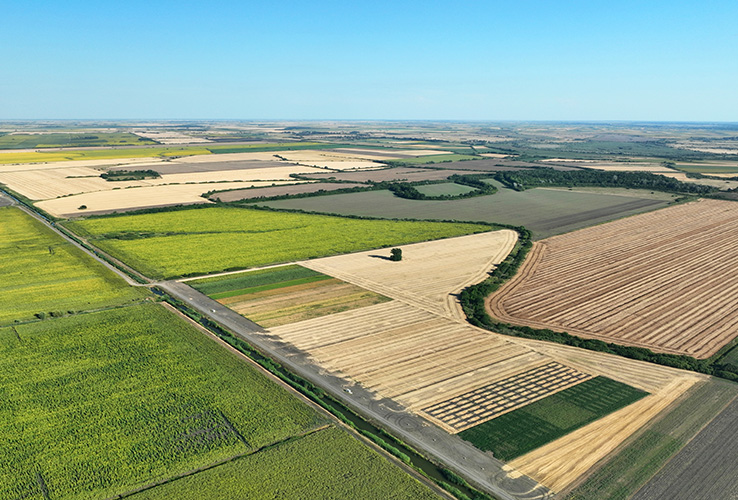
We’re redefining the system by connecting research, technology and real-world implementation.
With 3.250 hectares of arable land and 490 hectares dedicated to biodiversity, our farm serves as a living laboratory for sustainable farming, software innovation, food development, and traceability, creating solutions that work in practice and at scale.
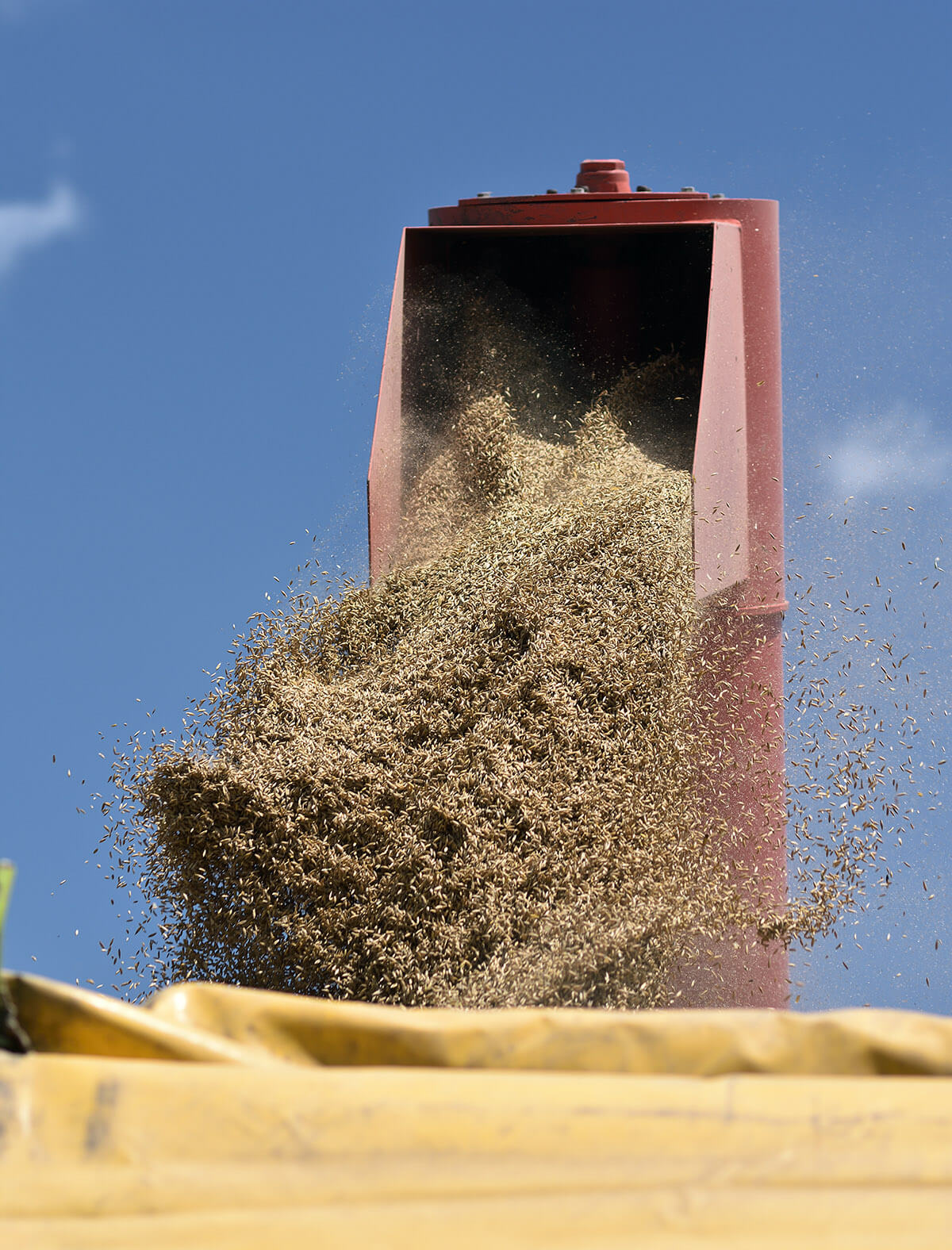
We back this up by publishing harvest results from large-scale organic production, including yields and key crop quality parameters.
View our harvest results

Being a father myself, our unsustainable life started to concern me: how will the future look for my grandkids?
Our founder, Samo Login, envisioned a world where humanity thrives in harmony with the planet. Passionate about addressing environmental degradation, he explored global issues and identified a key challenge of our future: how to sustainably produce food.
Read Full StoryA practical look at combine harvesters in organic farming—how we use Claas Lexion, John Deere, and Zürn machines across 3.250 hectares.
Read articleWhen designed as a system, organic farming can deliver stable yields and food-grade quality at scale. Our 2025 harvest results show what that looks like in practice.
Read articleA look back at 2025 at LoginEKO: large-scale organic farming results, plant-based nitrogen, open traceability, farming software, and food development.
Read article